
Traditions of Nubian in Egypt
Discover the Culture, Beliefs, and Beauty of the Nubian Village
5 min read
Category : CultureDestination : EgyptIn the golden light of southern Egypt, where the Nile flows gently past palm groves and painted homes, the culture of Nubian in Egypt thrives with warmth, color, and timeless grace. For luxury travelers seeking authenticity wrapped in elegance, the traditions of the Nubian people offer a rare and enriching experience.
From the vibrant murals of the Nubian village to the spiritual depth of ancient beliefs, Nubian heritage is a living celebration of resilience, artistry, and hospitality. This blog invites you to explore the heart of Nubia, its customs, its people, and its enduring connection to Egyptian civilization.

Nubian Village Shines with Vibrant Culture and Artistic Charm
The Nubian village of Gharb Soheil, nestled on the west bank of the Nile near Aswan, is a kaleidoscope of tradition and charm. Known for its hand-painted homes, domed architecture, and welcoming locals, it’s a must-visit for travelers seeking immersive luxury with a cultural twist.
What Is the Nubian Village Famous For?
- Vibrant Architecture: Homes are painted in bold blues, yellows, and reds, often adorned with symbolic motifs and murals.
- Crocodile Totems: Mummified crocodiles hang above doorways as symbols of protection and blessing.
- Traditional Crafts: Basket weaving, pottery, and colorful textiles are handcrafted and sold in local markets.
- Warm Hospitality: Visitors are welcomed into homes for tea, storytelling, and even a glimpse of pet crocodiles.
- Nile Cruises: Arriving by boat offers a serene and scenic introduction to Nubian life.
The Nubian village is more than a destination; it's a living museum of culture, where every corner tells a story.

Nubian Beliefs Combine Deep Spiritual Traditions with Ancient Cultural Roots
The Nubian in Egypt belief system is a rich tapestry woven from ancient African spirituality, Islamic faith, and symbolic rituals. These beliefs shape daily life, celebrations, and the community’s deep connection to nature and ancestry.
What Are Nubian Beliefs?
- Spiritual Syncretism: Nubians often associate Islamic figures like Al-Hussein with ancient deities such as Osiris, blending faiths in a unique cultural expression.
- The Power of Seven: The number seven holds sacred meaning, appearing in rituals, blessings, and symbolic acts.
- Nature Reverence: The Nile is considered a source of life and spiritual energy, honored in songs and seasonal ceremonies.
- Protective Symbols: Crocodiles, incense, and amulets are used to ward off envy and invite prosperity.
- Oral Tradition: Stories passed down through generations carry moral lessons, historical memory, and spiritual guidance.
These beliefs reflect a worldview rooted in harmony, respect, and resilience—values that continue to shape Nubian identity today.
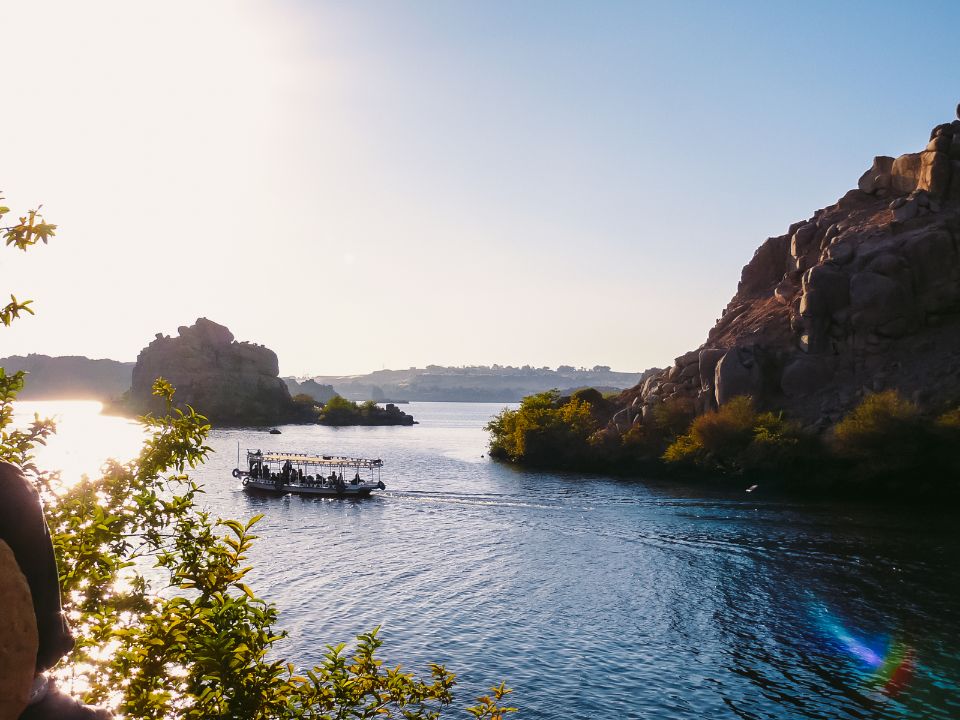
Nubians Are Celebrated for Their Rich Heritage, Artistry, and Hospitality
The Nubians are celebrated for their artistry, hospitality, and historical significance. As one of Africa’s oldest ethnic groups, their contributions span centuries and civilizations.
- Warrior Heritage: Ancient Nubians were skilled archers and fierce defenders of their land.
- Architectural Legacy: From mud-brick temples to colorful homes, Nubian design is both functional and poetic.
- Music and Dance: Rhythmic drumming, folk songs, and celebratory dances are central to weddings and festivals.
- Craftsmanship: Pottery, jewelry, and textiles showcase intricate patterns and vibrant colors.
- Language and Identity: Nubians speak Nobiin and other dialects, preserving their linguistic heritage despite displacement.
Their reputation for warmth, creativity, and strength makes the Nubian people a cornerstone of Egypt’s cultural mosaic.
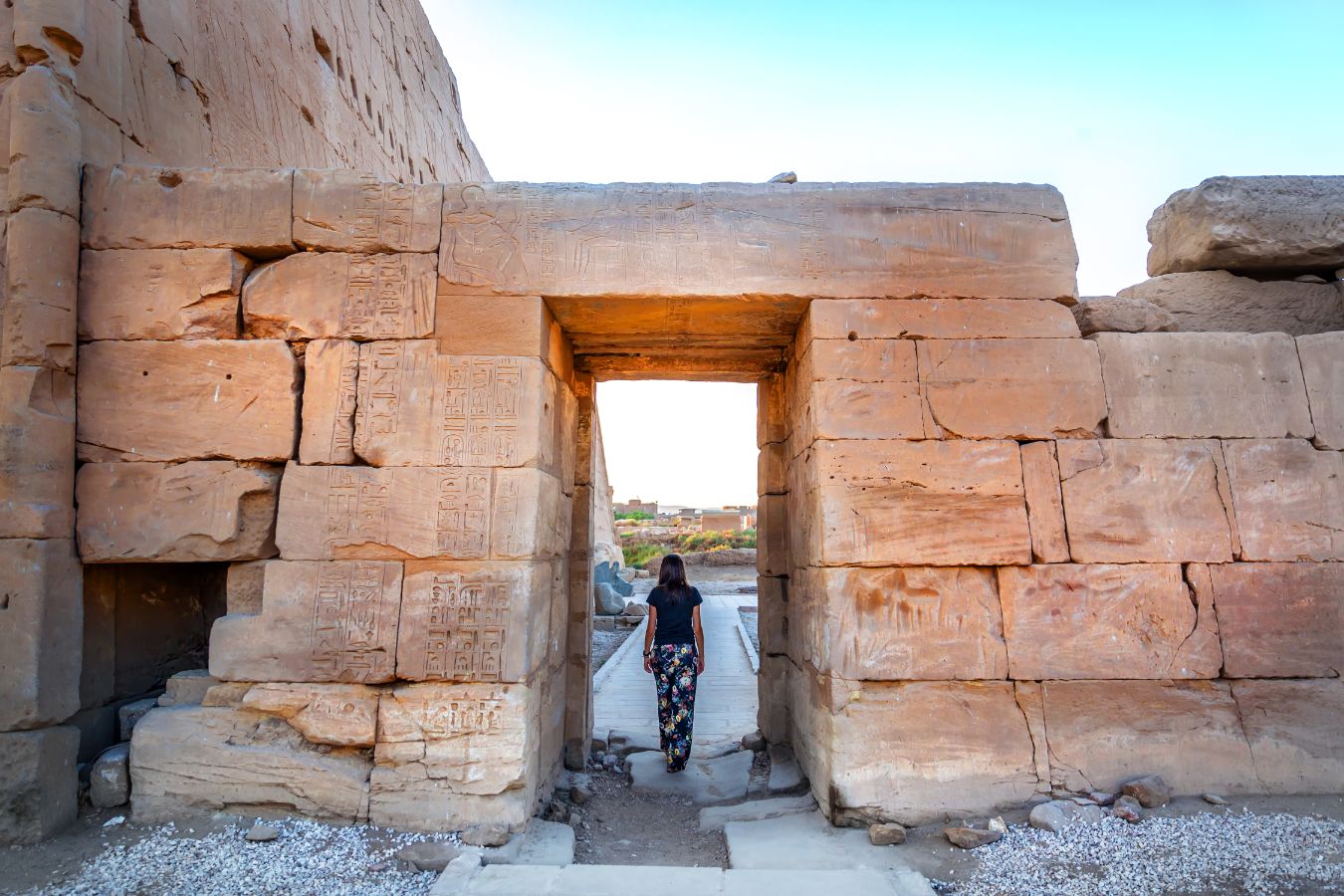
Egyptian Traditions Helped Shape and Enrich Nubian Cultural Identity
The relationship between Egypt and Nubia is one of mutual admiration, exchange, and evolution. While Nubia maintained its distinct identity, Egyptian culture left a lasting imprint on its traditions, beliefs, and aesthetics.
How Did Egyptian Culture Influence Nubian Culture?
- Architecture: Nubian tombs and temples adopted Egyptian rectangular designs, replacing earlier circular forms.
- Religious Practices: Nubians embraced Egyptian deities and rituals, especially during the 25th Dynasty when Nubian kings ruled Egypt.
- Art and Symbolism: Egyptian styles influenced Nubian reliefs, statuary, and ceremonial objects, often blended with local motifs.
- Language and Governance: Hieroglyphics and administrative systems were adopted during periods of Egyptian rule.
- Cultural Exchange: Trade, intermarriage, and shared festivals fostered a rich blend of traditions.
This fusion created a unique cultural identity Nubian in Egypt, yet deeply connected to the grandeur of ancient Egypt.
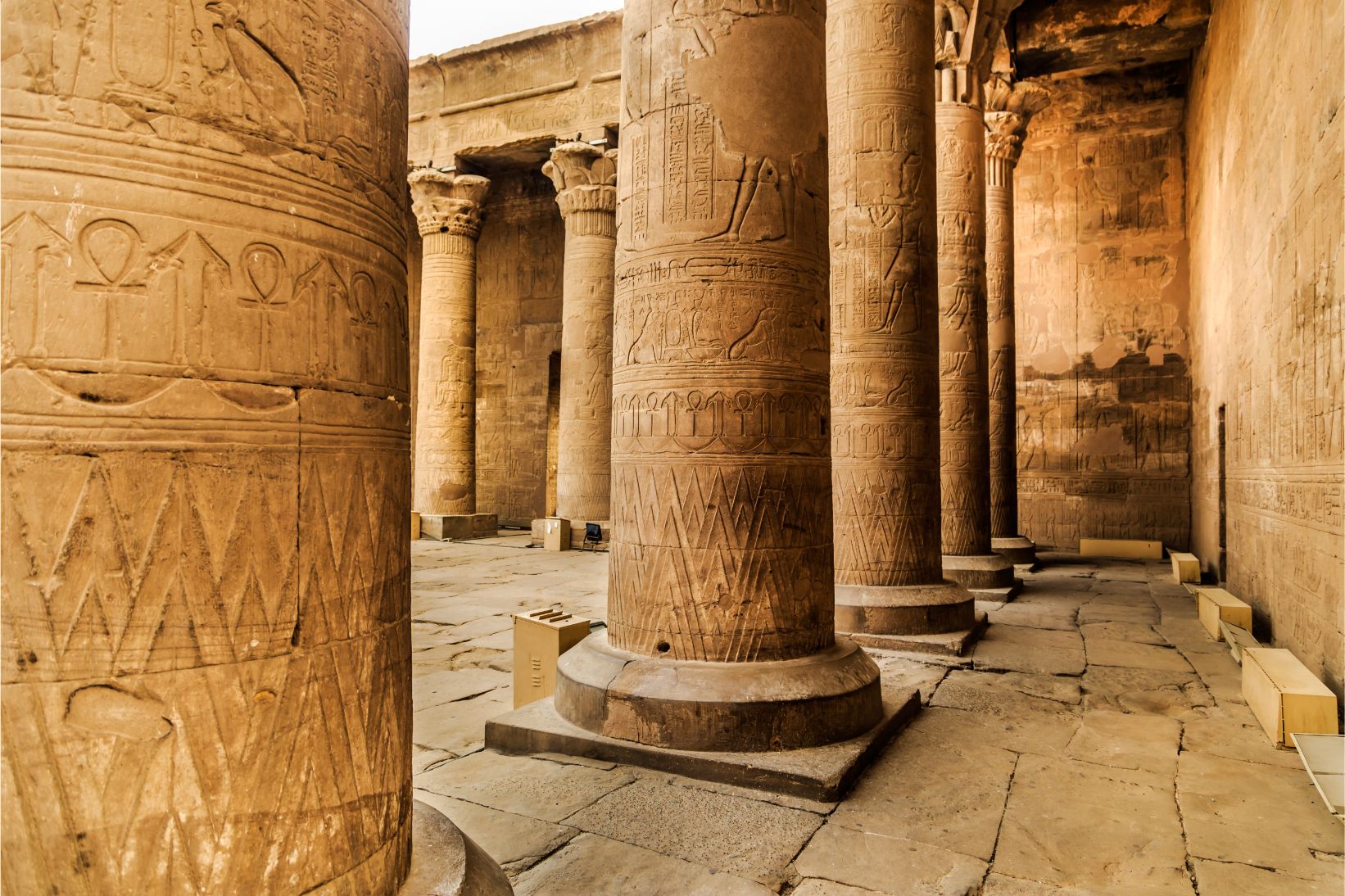
Nubian Rituals Honor Life Through Joyful and Timeless Traditions
Festivities in Nubian culture are vibrant, communal, and deeply symbolic. Whether marking a marriage, a birth, or a religious holiday, these rituals reflect joy, unity, and reverence.
What Are Some Nubian Rituals?
- Weddings: Multi-day events with music, henna, and traditional attire. The bride’s procession is a highlight, filled with dancing and blessings.
- Ashoura Festival: Celebrated with unique customs that blend Islamic and ancient legends, including symbolic reenactments.
- Birth Ceremonies: The Sebou’ ritual honors newborns with chants, incense, and protective gestures.
- Seasonal Feasts: Celebrations tied to the Nile’s cycles include communal meals, storytelling, and spiritual offerings.
- Crocodile Blessings: Crocodiles are revered as guardians, often kept as pets or displayed as sacred symbols.
These rituals are not just traditions, they are expressions of identity, continuity, and cultural pride.
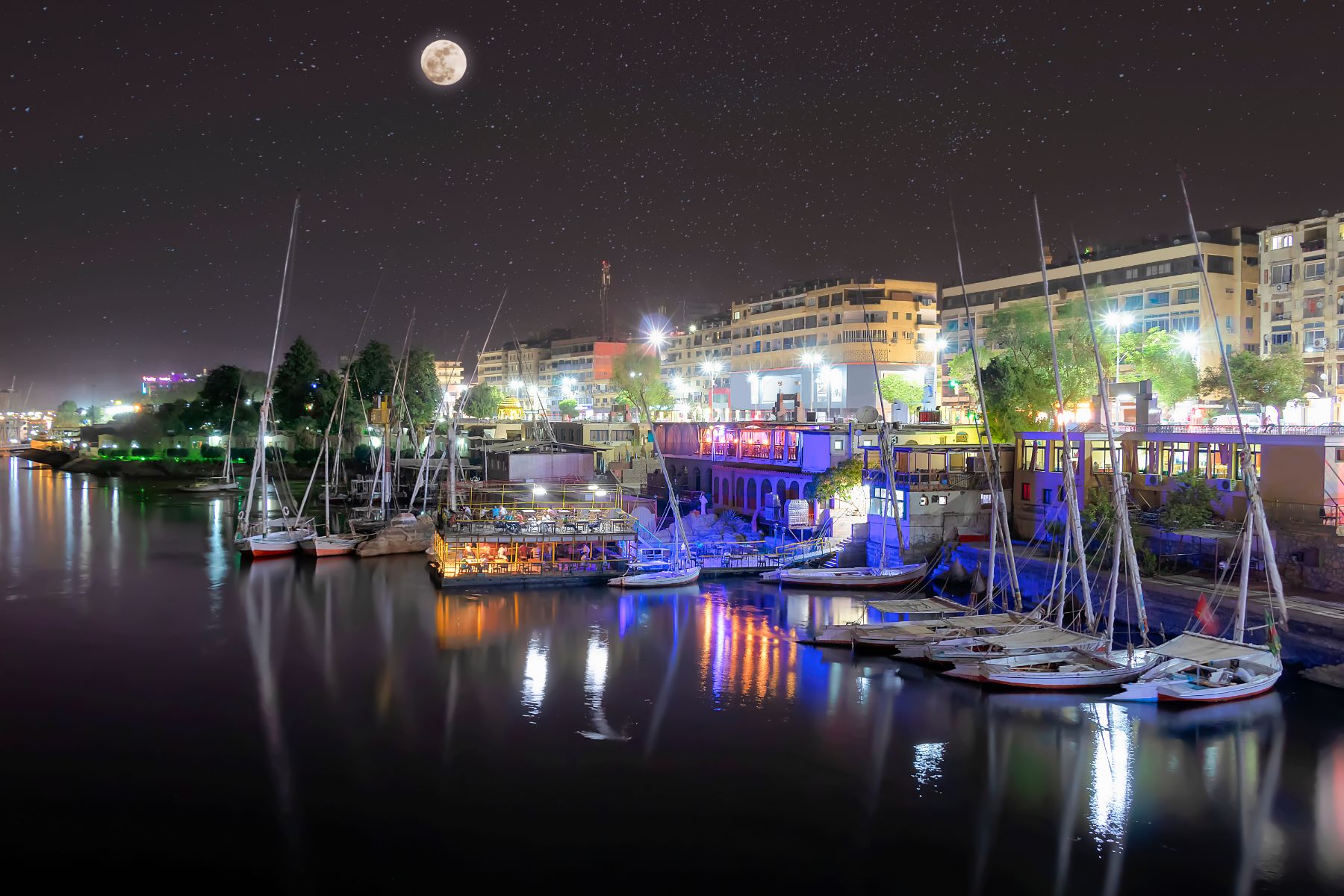
Luxury Travel Meets Nubian Heritage
For travelers seeking elegance with depth, a journey into Nubian culture offers unforgettable experiences:
- Stay in Boutique Guesthouses: Enjoy traditional Nubian architecture with modern comforts.
- Private Nile Cruises: Arrive at the Nubian village in style, with sunset views and curated cultural tours.
- Guided Cultural Encounters: Learn from local artisans, musicians, and storytellers.
- Taste Nubian Cuisine: Savor dishes like okra stew, lentil soup, and date-filled pastries.
- Shop Ethical Crafts: Support local women’s cooperatives and take home handwoven treasures.
This is luxury redefined not by extravagance, but by authenticity and connection.

In the heart of southern Nubian in Egypt, the Nubian people offer more than hospitality; they offer heritage. Their beliefs, rituals, and artistry invite travelers to slow down, listen, and feel the pulse of a culture that has endured for millennia.
Whether you're exploring the Nubian village, attending a traditional wedding, or simply sharing tea with a local elder, your journey will be filled with meaning, beauty, and warmth.
Let your travels be soulful, your experiences immersive, and your memories magnificent.
Related Articles

Best Places to Visit in Egypt
Uncover best places to visit in Egypt for luxury travel, from Cairo’s five-star stays to Red Sea resorts, Nile cruises, and exclusive cultural experiences
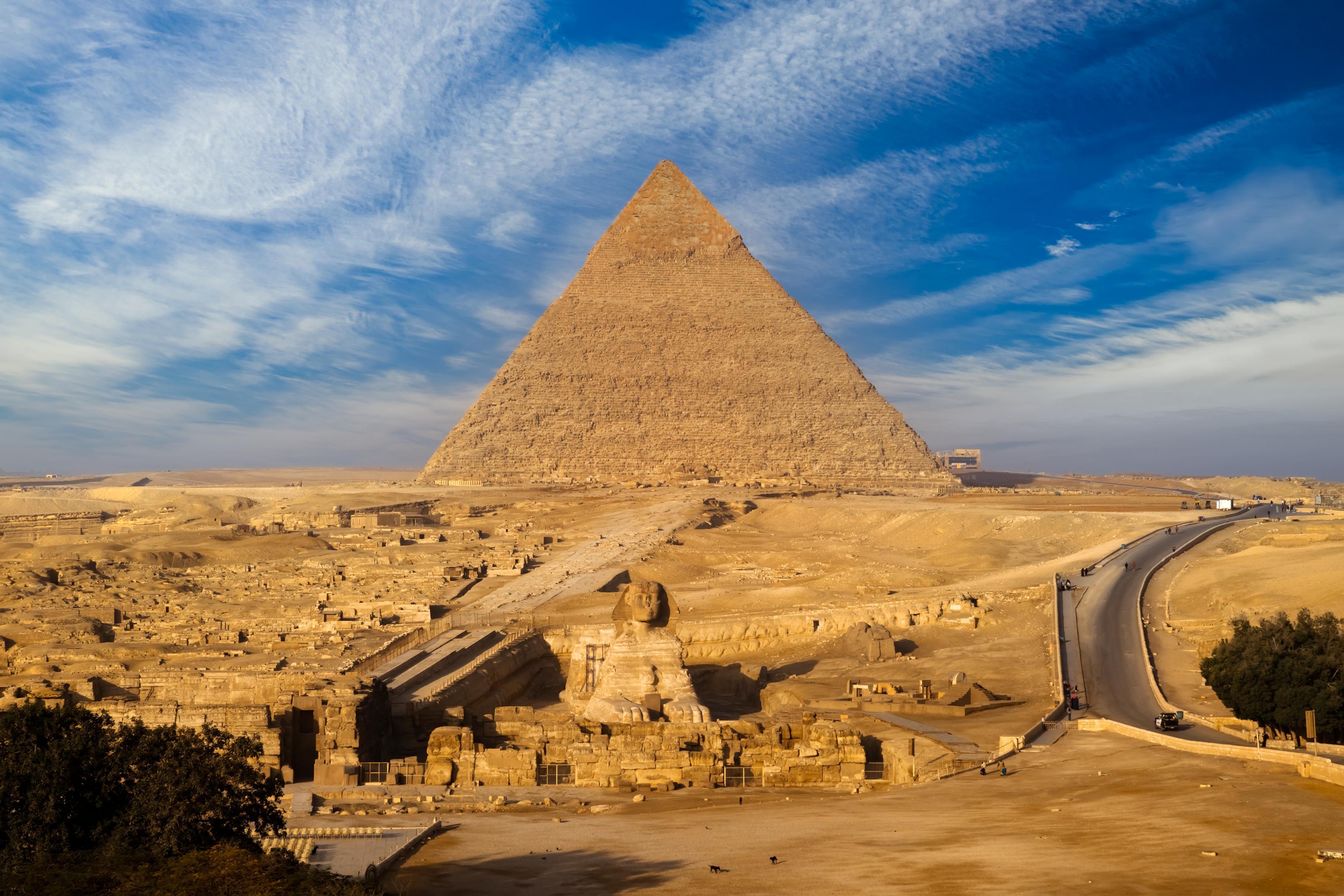
Historical Sites in Egypt
Step in historical sites in Egypt, from the pyramids and Valley of the Kings to hidden tombs and temples. A journey through pharaohs, gods, and timeless history.
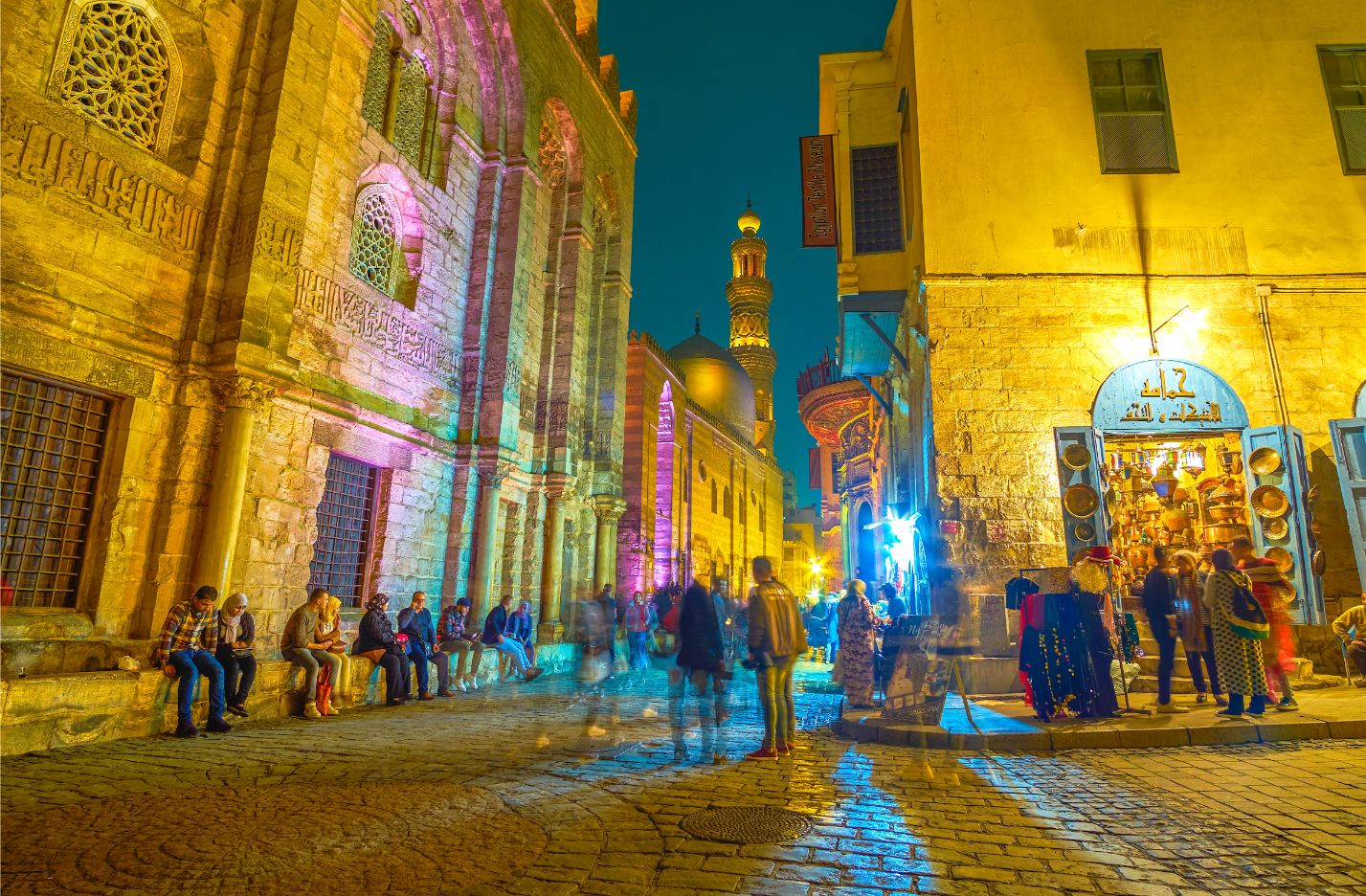
Corridor of Culture and Craftsmanship: El-Moez Street
an open-air museum of Islamic architecture, vibrant markets, and centuries-old mosques. Walk through history at EL moez street and be amazed by the astonishing authentics.
